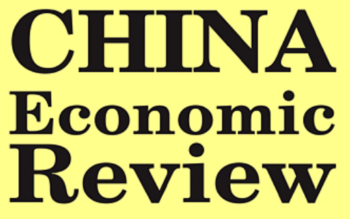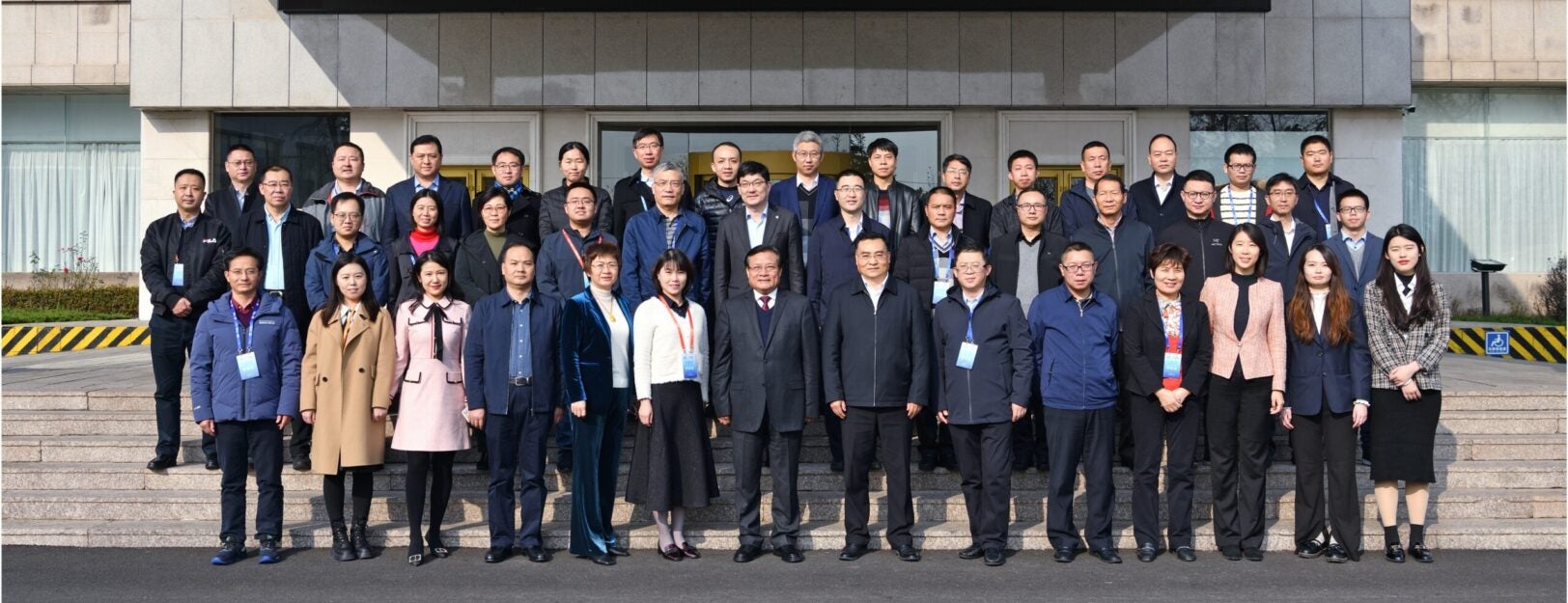At an LSE event entitled “China and the World in the Post-COVID Era,” Dr. Winnie Yip, Professor of Global Health Policy and Economics, shared her insights on China’s COVID-19 policy response. Dr. Yip highlighted the continued uncertainty that Chinese society–and the world as a whole–faces as a result of COVID and the cautious approach that the government has taken in maintaining its zero-COVID policy. She suggests that the question is not…
China and the World in the Post-COVID Era
New Publication: Understanding online dual practice of public hospital doctors in China: a mixed-methods study
Telemedicine and telehealth hold promise for reducing access barriers, improving quality and containing medical costs. As Internet companies enter the healthcare market, a rising number of online healthcare platforms have emerged worldwide. In some countries like China, public hospital doctors are providing direct-to-consumer telemedicine services on these commercial platforms as independent providers. Such online service provision creates a new form of dual practice, which we refer to as ‘online dual…
New Publication: Distance effects and home bias in patient choice on the Internet: Evidence from an online healthcare platform in China
Telemedicine and telehealth hold promise for reducing access barriers caused by travel distance. However, little is known about how the Internet affects patients’ online provider choices and thus the spatial distribution of healthcare utilization. This study investigates the effect of distance on flows of online medical consultations using a unique dataset from one of the leading third-party online healthcare platforms in China: Haodf.com. We show that the geographic distance between…
New Publication: Hospital management practices in county-level hospitals in rural China and international comparison
This study assessed the management practices of county-level hospitals in Guizhou in southwest China during 2015 using the Development World Management Survey (D-WMS) instrument to interview 273 managers in 139 hospitals and score the hospitals’ management practices. On a scale of 1 (‘worst practice’) to 5 (‘best practice’), the mean (SD) hospital D-WMS scores were 2.57 (0.46) overall; 2.71 (0.48), 2.64 (0.58), 2.40 (0.64), and 2.56 (0.40) for operation, monitoring,…
Third Flagship Training on Health Care Financing with China’s NHSA
From December 6 – 10, 2021, the Harvard China Health Partnership (HCHP) hosted nearly 40 senior national and provincial-level government policymakers from China’s National Healthcare Security Administration (NHSA) for the “Third Annual Flagship Training on Effective and Sustainable Health Care Financing” in Qingdao, Shandong. On-site attendees were joined online by almost 150 other NHSA officials from across the country, including more than 30 high-ranking officials who participated in special viewing…
Continue reading “Third Flagship Training on Health Care Financing with China’s NHSA”
New Publication: Social Technology: An Interdisciplinary Approach to Improving Care for Older Adults
How to integrate global population aging and technology development to help address the growing demands for care facing many aging societies–such as China–is both a challenge and an opportunity for innovation. In research supported by the Jiangsu Industrial Technology Institute in China, the authors propose a social technology approach that promotes use of technologies to assist individuals, families, and communities to cope more effectively with the disabilities of older adults who can…
New Publication: Impact of global budget combined with pay-for-performance on the quality of care in county hospitals: a difference-in-differences study design with a propensity-score-matched control group using data from Guizhou province, China
Background: Provider payment system has a profound impact on health system performance. In 2016, a number of counties in rural Guizhou, China, implemented global budget (GB) for county hospitals with quality control measures. The aim of this study is to measure the impact of GB combined with pay-for-performance on the quality of care of inpatients in county-level hospitals in China. Methods: Inpatient cases of four diseases, including pneumonia, chronic asthma,…
2021 Chinese Health Economics Development Forum: Trends in Multi-tiered Insurance Programs
In 2009, China embarked on health reforms that would eventually expand coverage of its social health insurance (SHI) programs to approximately 96% of the population. To ensure the long-term financial sustainability of its social health insurance programs, China is assessing the package of services that should be covered under its SHI programs and considering the potential role of commercial insurance in providing supplementary coverage. The Fourth Chinese Health Economics Development…
Professor Winnie Yip Discusses Pathways to UHC at 2021 World Health Forum
At the opening plenary session of the inaugural World Health Forum hosted by Tsinghua University, Dr. Winnie Yip, Faculty Director of the Harvard China Health Partnership, was invited to share her long-running research on pathways to universal health coverage and lessons for China’s health system. Opening remarks at the Forum, themed “Building a Resilient Public Health System,” were delivered by Vice Premier SUN Chunlan, and approximately 400,000 attendees joined the…
Continue reading “Professor Winnie Yip Discusses Pathways to UHC at 2021 World Health Forum”








